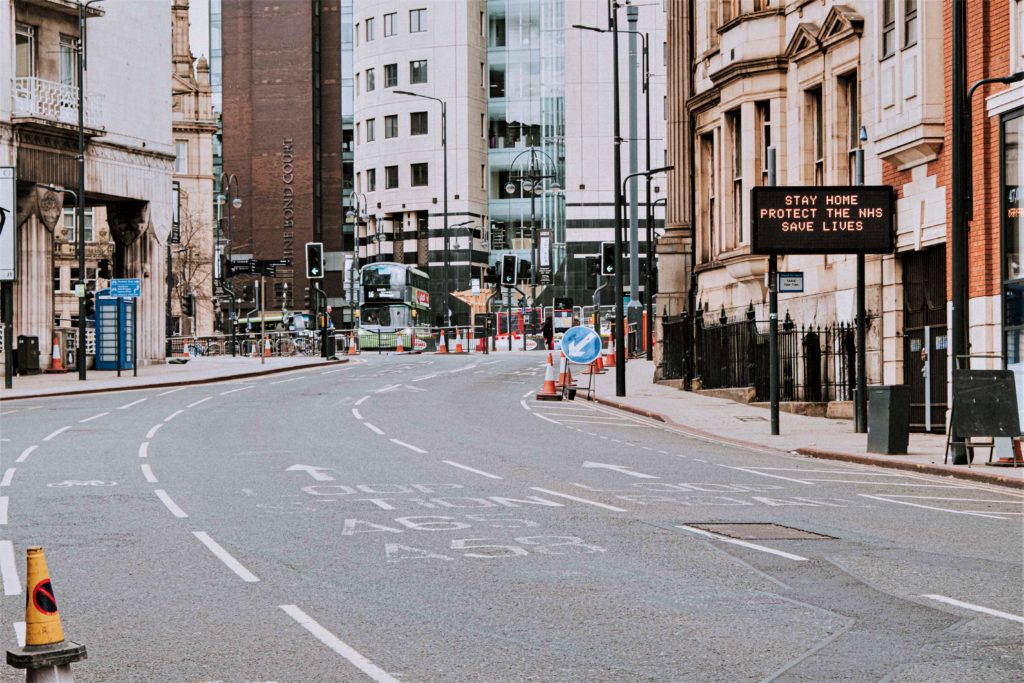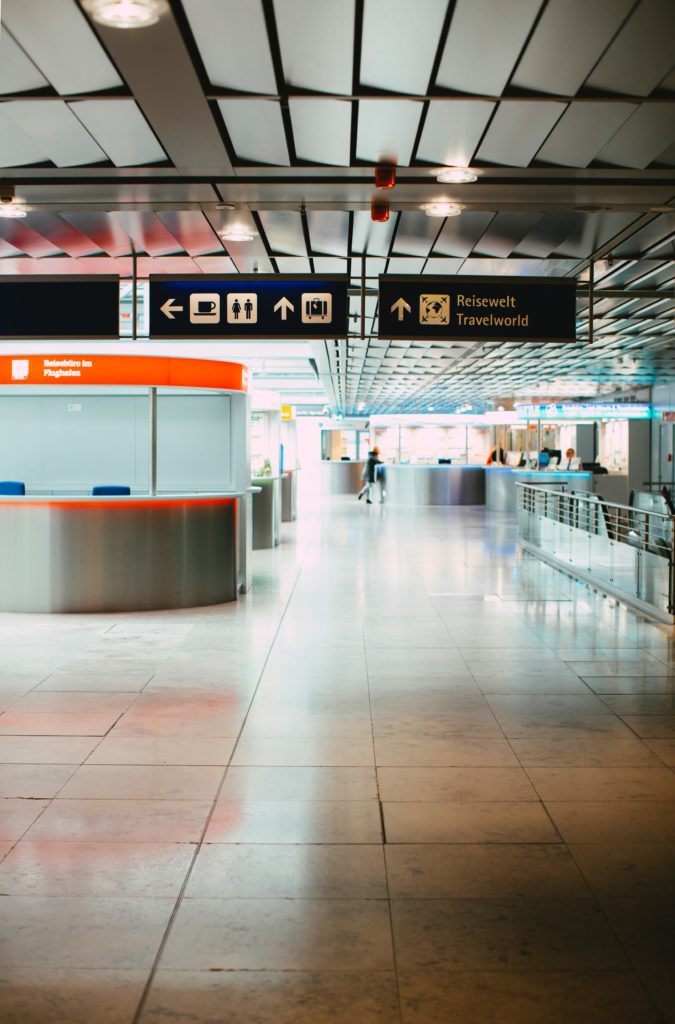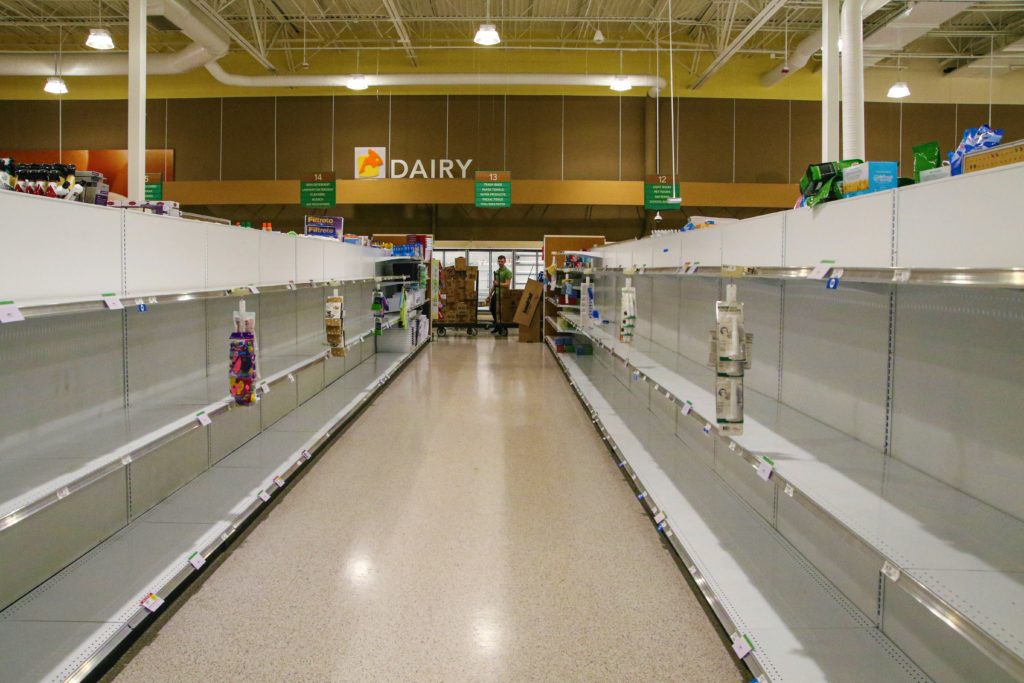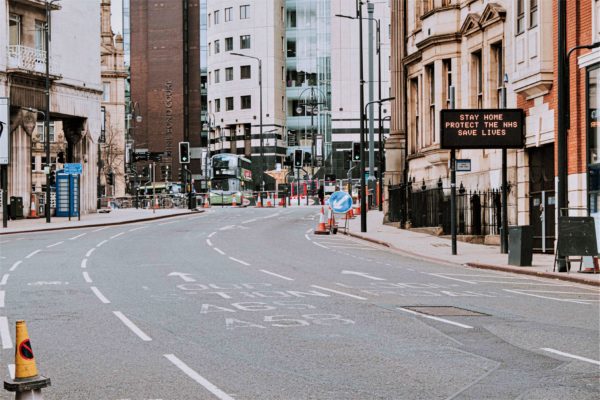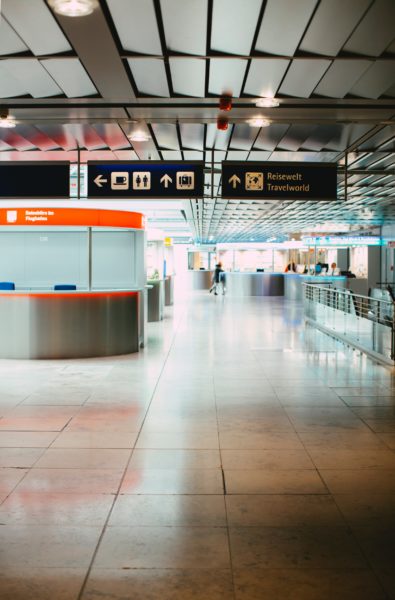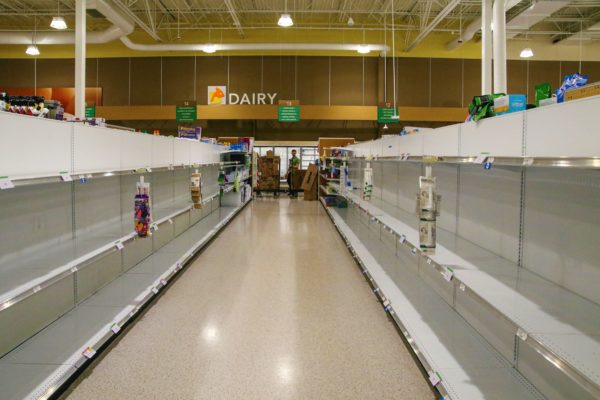A Survey
Last Wednesday the German Automobile Club (ADAC) published the results of a survey on the change in mobility after the Corona crisis. The majority of the 2145 respondents will use the individual means of transport more or less unchanged in the future. Almost a quarter will probably take a plane less often. The car and the bicycle, which some of the respondents intend to use more intensive after the crisis, maybe the winners. One in four will want to walk more often in the future and one in five will want to cycle more often.
On the Road
Due to the Corona crisis many cities are now establishing additional cycling paths. The bicycle is experiencing a real boom and is becoming more and more attractive, as Europe is having its first warm days and the streets are empty. People who once commuted to work by bus, tram or train now choose to cycle. For some, this will remain the first transport option even after the crisis, or at least a very great alternative.
However, the car is also becoming more attractive. It is perceived as a shelter where you can protect yourself from the virus due to the lack of close contact with public transport crowds. This undoubtedly strengthens the bond with the car and contributes greatly to the increased use of private vehicles. In areas where people already drive many cars, this will continue to be the case or even worse.
After a hard work of awareness, we have reached a consensus in our society, we have to move away from the car, we have to drive less so that finally, the quality of the environment can improve. We must strengthen this conviction even more in the big cities, where air pollution and space restrictions have increased significantly in recent years.
Have you looked at the sky these last few days? Bluer than ever! Our cities can breathe deeply, there is less congestion and therefore less pollution. After the Corona chaos, we could maintain this in certain areas by setting up micro-mobility roads. These are car-free roads where you can move around pleasantly, without setbacks or negative effects on the environment. The solution does not necessarily have to be a bicycle, but can also be done on roller skates or the e-scooter.
In the Air
Work and education have been transformed. In many places, the possibilities of working from home are currently being massively expanded. In many areas, home offices are the only possibility to work at all, which will not diminish after the crisis. Universities have modified their schedules from classroom courses to virtual ones to contribute to the health care of everyone. Business trips are also being almost completely avoided and video conferences are used as far as possible, which will affect air travel the most.
Lufthansa Chairman Carsten Spohr compared the flight schedule in mid-March this year with 1955, the year Lufthansa was founded. They would get by with two-digit flight numbers.
It is questionable whether all airlines will survive the crisis, some have already applied for state aid. The longer the crisis will last, the harder it will be to survive. As a consequence, this would mean less competition and higher prices, which would reduce the demand even more. In addition to the decline in business travel, we must also expect that the travel behavior of some people will change after the crisis and become less global.
The aviation industry will have to increase its attractiveness after the crisis. At the moment, Lufthansa, for example, is keeping the middle seat free to increase the distance between passengers. In the future, such solutions could have a positive impact on attractiveness by increasing the distance and comfort of the cheapest tickets.
Many airlines are currently hoping that the oil price will remain low, as it also plays an important role in air travel.
In the end, it’s all a bit of speculation. Clearly, the Corona experience touches us all equally at a global level. Perhaps it is a call for attention to finally achieve a joint system, since the ideal environment where we want to live is nothing more than the result of conscious and unselfish decisions.
Undoubtedly, the streets and the railways will be full again, not only during rush hours, and each one will make his own decision regarding his means of transportation, but on the way he will weigh his motives differently than he did before the crisis. Achieving a healthy environment is not as difficult as we think.
